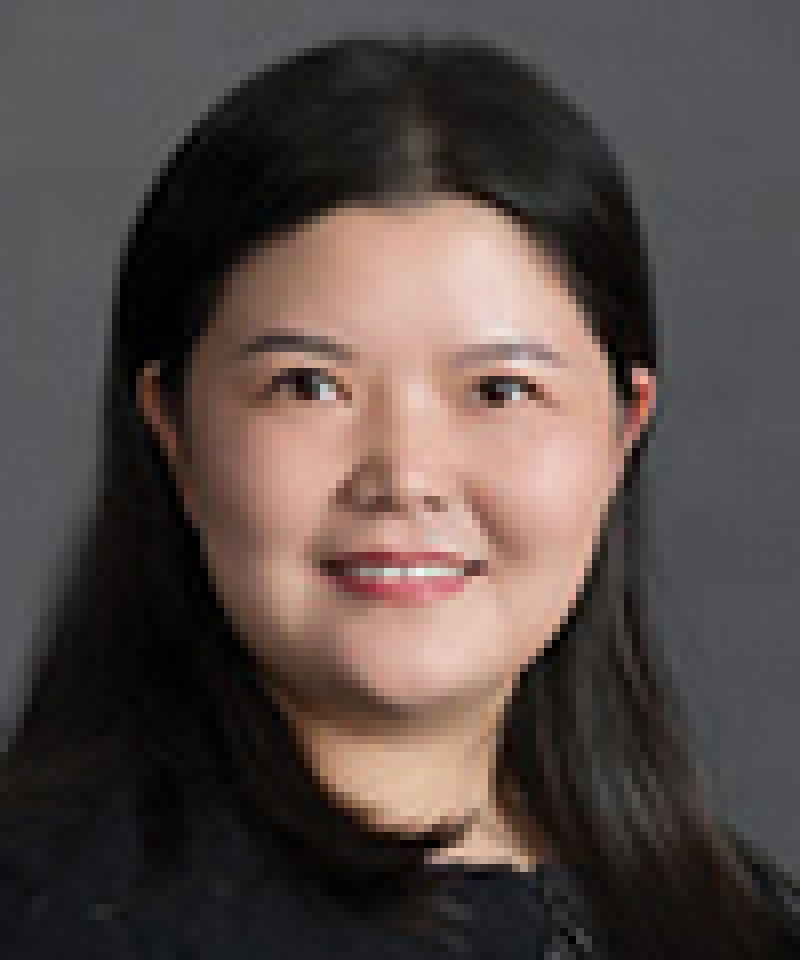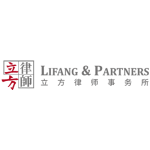lifanChina has attracted significant attention for its handling of standard essential patents (SEPs), arising from the battles over anti-suit injunctions (ASI) and anti-anti-suit injunctions (AASI), as seen in Huawei v Conversant, Xiaomi v InterDigital and Samsung v Ericsson.
This article provides a legislative background of the debate over SEPs in China and considers some of the key recent developments in judicial practice.
Legislative background of SEP litigation in China
As China is a civil law system, there are two types of sources that are binding on Chinese courts and are cited by judges in their decisions. One type is legislation and the other type is judicial interpretation, as issued by the Supreme People's Court (SPC).
The main Chinese laws relevant to SEP litigation are:
The Contract Law of the People's Republic of China;
The Patent Law of the People's Republic of China;
The Anti-Monopoly Law of the People's Republic of China; and
The Standardization Law of the People's Republic of China.
The SPC may issue judicial interpretation, which has the same legal force as statutes and are binding on all Chinese courts. There has not been an SEP-specific judicial interpretation yet, but the SPC's guidance titled 'Interpretations Concerning Certain Issues on Application of Law for Trial of Cases on Disputes over Patent Infringement (II)' contains two articles relevant to SEP litigation. Article 24.2 sets the basic principle for granting injunction for SEPs, and Article 24.3 confirms the judicial practice of rate-setting cases being filed before the Chinese courts.
A high people's court may issue guidelines that provide guidance to lower courts within that particular province. However, a guideline is not a formal source of law. Guidelines issued by a high court in a particular province are not legally binding even to the courts within that specific province, and such guidelines cannot be cited by judges as source of law in their decisions.
Regardless, in practice, courts within the specific province would follow the guidelines issued by the respective high court, without citing the guidelines. Example of such guidelines related to SEPs include the Beijing High People's Court's 'Guidelines for Patent Infringement Determination' (2017) issued in April 2017, in which Articles 149-153 are specific to SEPs; and the Guangdong High People's Court's 'Work Guidelines on Adjudicating Cases of Disputes over Standard Essential Patents (Trial)', issued in April 2018.
The Anti-monopoly Commission under the State Council, the competition policy-making authority of the central government, which has merged into the Anti-Monopoly Bureau of China's State Administration for Market Regulation (SAMR), also issued guidelines related to SEPs in September 2020 – releasing the 'Anti-monopoly Guidelines for the Field of Intellectual Property Rights'. Guidelines issued by the State Council provide guidance for antitrust authorities at central and local levels. However, they are merely referential and not binding on courts.
Latest developments in SEP litigation in China
Global rate setting
Although no such judgment has been issued yet, there have been several rulings recently that indicate the Chinese courts are going to determine the global fair, reasonable, and non-discriminatory (FRAND) royalty rates for SEPs in some cases.
The Supreme People's Court has confirmed the judicial practice of rate-setting cases being filed before the Chinese courts, when the negotiation fails after 'sufficient negotiation'. 'Standard essential patents licensing dispute' is an independent cause of action in China, which can be filed either by the patent holder or the potential licensee. Such a cause of action does not necessarily connect with any infringement action or declaration of non-infringement action.
|
|
“for the first time, a Chinese court expressed the willingness in a ruling to determine the global FRAND royalty rates” |
|
|
In the past, precedents filed under the cause of action of SEP licensing dispute were limitedly related to Chinese patents only, regardless of whether the negotiation was global in nature. However, in recent cases in 2020, quite a few cases were filed under the cause of action of SEP licensing dispute for setting the FRAND global rate. For example, in December 2020, the Shenzhen Intermediate Court ruled in OPPO v Sharp that it will determine the global FRAND rate and other licensing terms for Sharp's 3G, 4G and wireless LAN SEPs.
Despite the jurisdictional objection filed by Sharp, for the first time, a Chinese court expressed the willingness in a ruling to determine the global FRAND royalty rates. The Shenzhen Court states in its ruling that it "believes that the determination of global royalty rates by the court can facilitate the overall effectiveness, fundamentally resolve the disputes between two parties, avoid the repeated litigation in different countries and therefore is in accordance with the nature of FRAND principle."
In addition, the Wuhan Intermediate Court accepted a lawsuit filed by Xiaomi against InterDigital related to determination of global FRAND rate and stated in its ruling that "adjudication of global royalty rates can resolve the problem of choosing and determining the scope of licensing between two parties, save the licensing cost, reduce litigation exhaustion and therefore is extremely reasonable."
Samsung also filed before the Wuhan Intermediate Court for global rate setting for Ericsson's 4G and 5G standard essential patents. So far, it is yet to be seen how Chinese courts will decide the global FRAND rate for SEPs and how these decisions are going to be enforced, if the parties do not settle during the process.
Anti-suit injunction
The anti-suit injunction system in China belongs to a type of 'behaviour preservation' measure in China. Article 100 of the Civil Procedure Law stipulates: "For cases in which the action of a party to the lawsuit or any other reason causes difficulty in enforcement of a judgment or causes other harm to the litigants, a People's Court may, pursuant to an application by a counterparty litigant, rule on preservation of its property or order the counterparty to undertake certain acts or prohibit the counterparty to undertake certain acts; where the litigants do not make an application, a People's Court may rule that preservation measures be adopted where necessary."
The SPC also issued a judicial interpretation on behaviour preservation in general – 'Provisions of the Supreme People's Court on Several Issues concerning the Application of Law in Reviewing the Injunction Cases involving Intellectual Property Disputes'. There was no ASI-specific guidance until the first-ever ASI was issued in China by the SPC in Huawei v Conversant.
On August 28 2020, the SPC issued China's first ASI ruling during the appeal procedure of Huawei v Conversant, which prohibited Conversant from enforcing the first instance injunction order issued by the District Court of Düsseldorf of Germany on August 27 2020.
The SPC set a framework for evaluating ASIs in China, considering factors such as:
1) The impact of enforcing such foreign judgment on the ongoing Chinese lawsuit;
2) The necessity of granting such preservation;
3) The reasonable balance of the interests of both the applicant and the respondent;
4) Whether such preservation could impair the public interest; and
5) Whether granting such preservation is in consistent with the principle of international comity, etc.
Procedurally it is worth noting that an ASI can be issued by a Chinese court on ex parte basis. As noted by the SPC in Huawei v Conversant, the court issued the ASI on ex parte basis, without hearing from Conversant before issuing the order. The court reasoned that the motion related to an 'urgent matter', in accordance with the SPC's guidance that "the People's Court shall, prior to granting a behavior preservation measure, inquire [of] the applicant and the respondent, except when the situation is urgent, or the inquiry may affect enforcement of the behavior preservation measure."
|
|
“the SPC issued China’s first ASI ruling during the appeal procedure of Huawei v Conversant” |
|
|
The parties can seek reconsideration of the grant or denial of an ASI motion by the same court reviewing the ASI motion. The applicant or respondent of an ASI order can apply for a reconsideration to the people's court that issued the ruling within five days upon receipt of the ruling. The people's court must review the application within 10 days after receiving the reconsideration application. During the reconsideration procedures, the parties can submit evidence and hire lawyers to make arguments for them. The court usually holds a hearing, organises the evidence production and cross-examination, and hears the opinions from both parties.
For instance, in Huawei v Conversant, Conversant filed a reconsideration application on September 2 2020 to the SPC, and a hearing was held on September 4 2020. The attorneys for both parties attended the hearing. In Xiaomi v InterDigital, InterDigital filed the reconsideration application to the Wuhan Court a few days after the ASI ruling was issued on September 23 2020 (the reconsideration ruling does not mention the specific date of the application) and a hearing was held on October 16 2020. The attorneys for both parties attended the hearing, during which InterDigital submitted 17 items of evidence and the court provided Xiaomi's previous ASI application and evidence to InterDigital.
With its willingness and capability to adjudicate global FRAND terms for SEPs, and now availability of ASI, patentees and licensees who have a stake in patent licensing activities of SEPs should be cautious about the latest developments in Chinese courts and get prepared for the new norm in SEP litigations.
Click here to read all the chapters from MIP's China Special Focus

Shan Jiao
Partner
Lifang & Partners
T: +86 10 6409 6099
Shan Jiao is a partner at Lifang & Partners, who specialises in antitrust and competition law. She has gained diverse experience in dealing with antitrust issues related to SEPs.
In the past, Shan has been responsible for dealing with FRAND issues in a series of SEPs-related litigations such as Samsung v Ericsson, Xiaomi v InterDigital, Xiaomi v Sisvel, and Huawei v Samsung. She witnessed the antitrust investigation into Qualcomm as a government counsel and interpreter for the National Development and Reform Commission (NDRC). She represented several local companies and associations in filing complaints to the NDRC against SEP holders, assisted licensors and licensees with competition issues in SEP licensing negotiations, and submitted a third party opinion to the Ministry of Commerce regarding a SEP-related acquisition. In addition, she has assisted clients in merger filings and antitrust investigations. She also handled antitrust litigations, including Qihoo v Tencent.
Shan is a graduate of Peking University and completed a JD at Columbia Law School.












